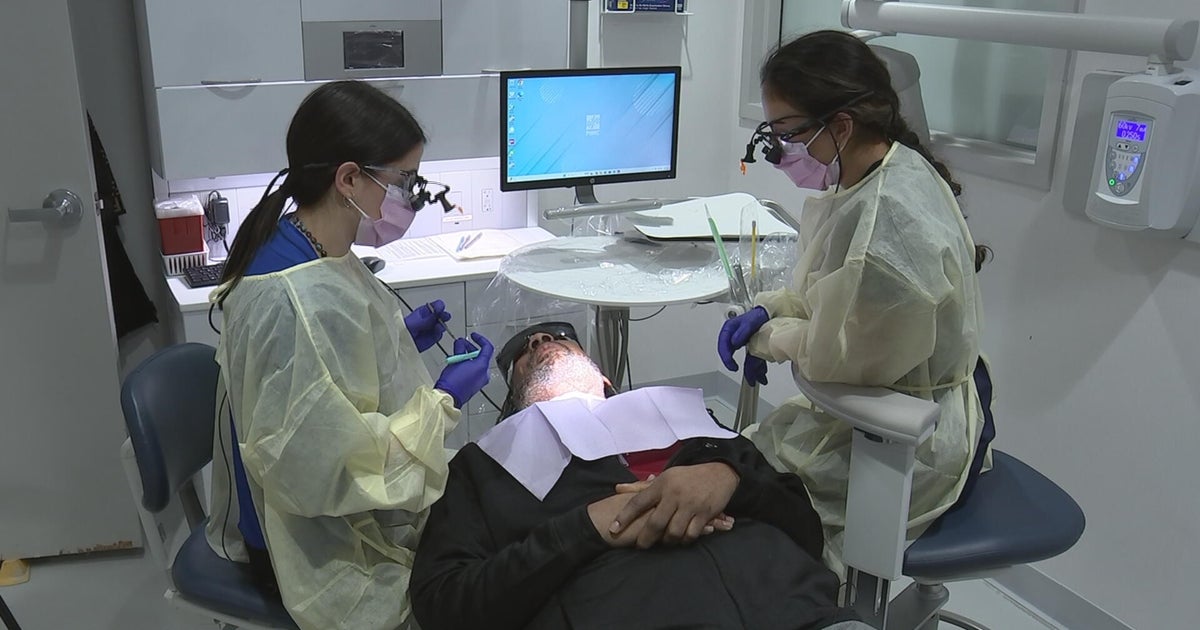How to find a good moving company
Moving can be hard for anyone. Knowing how to shop for a reliable moving company can relieve some of the stress that comes with the task.
A good moving company safely transports your possessions, including furniture, electronics and other items from where you currently live to your new home. For both renters and homeowners, it can be a big expense.
Some moving companies offer more comprehensive packages than others, with services from packing and unpacking to junk removal and storage. Others strictly bring your belongings from point A to point B. You'll want to vet companies carefully while taking into consideration the services you need, price, convenience and track record.
Don't make moving harder than it needs to be. Get a quote today so you know exactly what to expect.
Here are five steps to help you find a cost-effective and reliable moving company.
- Know exactly what you're moving
- Compare quotes from several companies
- Read customer reviews
- Review the fine print
- Choose a moving company
1. Know exactly what you're moving
Make a list of furniture, boxes and other major items you plan to move. Decide if you'll need a junk hauler for unwanted items. Will you need other services like storage?
Once you have an accurate accounting of what stays, what goes and what services you require, you'll be able to do an accurate comparison between moving company bids.
2. Compare quotes from several companies
Once you know exactly what's coming with you and what isn't, start asking for recommendations from friends, neighbors and relatives. After researching providers, you'll want to carefully compare price, convenience, services and reputation.
The Federal Motor Carrier Safety Administration (FMSCA), the U.S. agency overseeing moving companies and brokers, recommends getting at least three written estimates from different moving companies or brokers before you decide which to use.
It's easy and smart to shop around. Use the table below to start getting estimates for your move.
Ask for estimates from moving companies that physically review the items you plan to move. That way, there's less room for a surprise the day movers come to load the truck. Some states, like California, require a physical inspection before a mover can provide an estimate.
Be sure to check what's included in an estimate, including insurance, the mover's responsibility for potential damage to your belongings, your liability and potential fees. Ask if the mover has a dispute resolution policy or program, too.
3. Read customer reviews
It can be a good idea to read customer reviews. Individual experience can be helpful when gauging each individual company. The Better Business Bureau offers reviews for both companies that it's accredited and those it hasn't.
If you're planning to move to a different state, check to see if a mover or broker is registered with the FMCSA and has a U.S. Department of Transportation (DOT) number. That will make it easier to track service and file a complaint, if necessary.
If you're moving within the same state, check with your state's movers association or state government officials. Many states (and some cities) require household moving companies to be licensed and insured.
4. Review the fine print
Before you sign a contract, be sure to thoroughly read all its proposed terms and conditions - and understand them. The federal government offers a moving checklist you can use as a guide.
Here is some basic information to look for:
- Your legal responsibilities
- The mover's legal responsibilities
- Whether the mover is licensed and insured
- Delivery time estimate and terms
- How to contact the mover before, during and after your move
- Whether the moving company charges hourly or fixed rates
- Potential fees beyond the agreed price and services, like storage, unusual circumstances (e.g. number of flights of stairs) and "administrative" fees
Before you choose a provider, it's also important to know the difference between a moving broker and a moving company.
Brokers sell contracts to moving companies for people who need movers, acting as a go-between. Brokers don't accept responsibility for things that may go wrong with the move. They don't usually own or drive trucks or have employees that physically move consumer belongings.
A broker may help you find a moving company at a lower price. But be aware: sometimes brokers can come up short and leave you without a moving company close to your moving day, the FMSCA notes.
5. Choose a moving company
Once you're armed with research for each potential moving company, you're ready to choose.
As you review your estimates, keep in mind that you aren't obligated to choose any of the companies if they don't seem right. You can always deepen your research until you're comfortable with a moving company that's right for you.
Remember: your estimates aren't moving contracts. So your actual moving cost may not be the same. Keep in mind that there's plenty of jargon that comes with moving contracts. Make sure you understand the language moving companies and brokers use before signing any final agreement.
Have more questions? Reach out to a professional today who can help you choose a moving company that's right for you.




